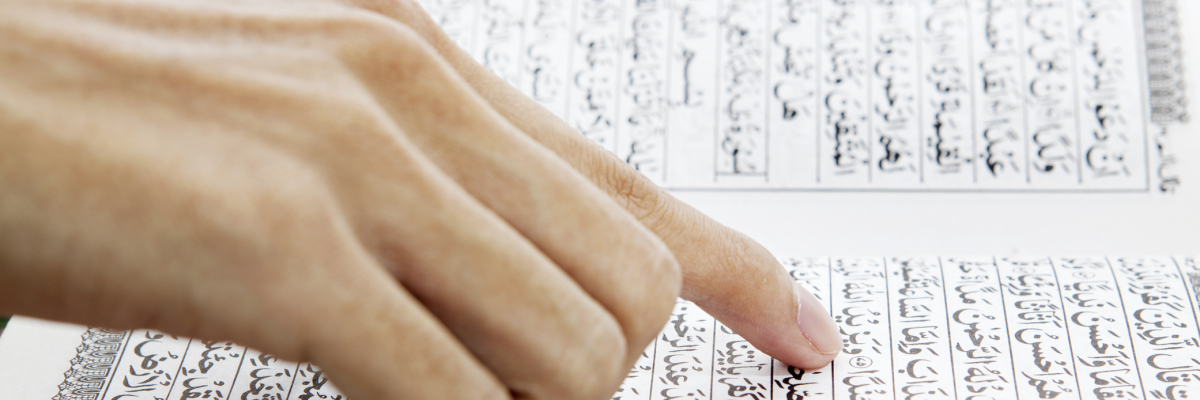
In my previous article I answered an important question as to whether or not the Quran teaches that the Bible was corrupted over time. The answer is a simple “no,” and while there’s more room for explanation, the question assumes another important argument: that the Bible has been subject to corruption, but the Quran has not.
Uniformity of the Quran?
The popular history told about the compilation of the Quran is that the followers of the Prophet Muhammad (A.D. 570-632) recorded his words on a variety of materials or otherwise faithfully memorized them. Roughly twenty years later, Caliph Uthman ordered the formation of a final, canonical text which was then successfully distributed and all erroneous copies destroyed. Since then, there has been complete uniformity of the Quranic text. Or so say Muslim theologians.
As Stephen J. Shoemaker argues, the problem with this narrative is that the historical evidence suggests otherwise. The argument’s biggest fly in the ointment is written on the Dome of the Rock—built in Jerusalem in A.D. 691, 40 years after the supposed uniform text was created— where a Quranic inscription is different than the corresponding verse in the Quran. Moreover, there are thousands of variant readings of Quranic verses preserved in the writings of early Islamic authors and recorded on coinage (The Death of a Prophet).
Moreover, Shoemaker point out that there is much archaeological evidence that points to Caliph Abd al-Malik (A.D. 646-705) working to codify the Quran seventy-five years after the death of Muhammad.
The edition codified by Uthman—more likely Abd al-Malik—was written with only the skeletal form of consonants and long vowels, something known by specialists as a “defective script.” This “defective script” allows for many different ways of reading the text, and in fact, later manuscripts and Islamic literature show great disagreement about how to do so. The result of this confusion has turned into a number of different “readings” of the text, of which as little as seven and as many as fourteen have been accepted as canonical variant readings of the Quranic text.
According to Notre Dame professor Gabriel Reynolds, the variety of readings provided enough chaos for the Egyptian government to attempt to clear out all but one version. In 1924, the government-appointed committee in Cairo selected one of these accepted readings—the Hafs ‘an ‘Asim version which dates back to A.D. 745—to use across the Egyptian religious educational system. This translation was soon adopted throughout the rest of the world. A large number of the competing readings were then destroyed by sinking them in the Nile river (The Qur’an and its Biblical Subtext). True story.
But this action did not eliminate the problems with the Quranic variants. The Hafs ‘an ‘Asim reading has four different lines of transmission and there are many discrepancies within various texts. Moreover, the text itself is not a critical edition, meaning that it does not rely on the evidence of early Quran manuscripts, but only on traditional ideas about the text. In other words, the Egyptians essentially canonized one text among many, rather than seeking to identify or recreate the original and most accurate text. Thus, any claims to uniformity were essentially forced on the Quran externally by the destruction of large numbers of competing texts, not by a single text emerging from the beginning, which Reynolds points out.
A troubling transmission
In conclusion, the claim that the Quranic text as we have it today can be traced back directly to Muhammad’s own day without corruption does not reflect the historical evidence for the transmission of the text. While the evidence shows that the consonantal structure of the modern Quran has remained mostly consistent with ancient versions, it was still created and selected by human beings among disagreeing versions. Although contemporary Bibles are based upon the best manuscript evidence available—which has been the result of textual criticism and the production of a critical edition—quranic manuscripts are not anywhere near the same level of scrutiny, and as a result, any attempts at fair comparison between the two are problematic. The Quran is not superior to the Bible because it is corruption and error free. Because it isn’t.


